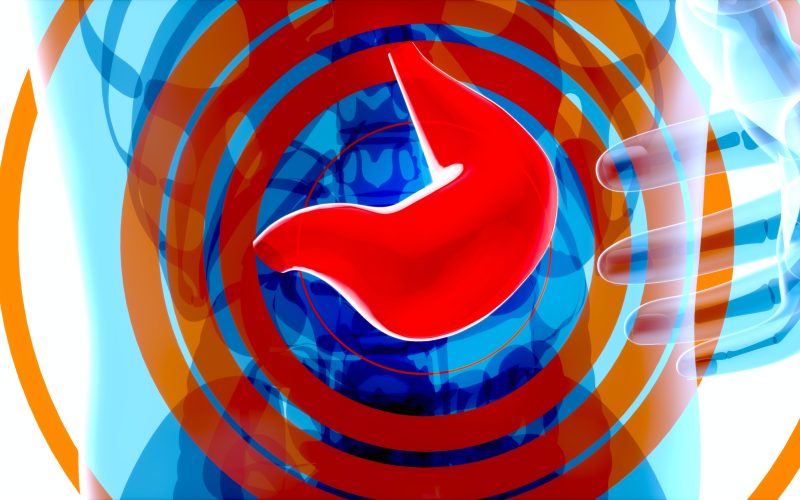Fatty liver is a condition that occurs when fat builds up in the liver, which can lead to inflammation and damage over time. This condition is becoming increasingly common in the United States, affecting an estimated 25% of the population. Despite its prevalence, many people are unaware of the causes, symptoms, and treatment options for fatty liver.
Causes of Fatty Liver
The most common cause of fatty liver is obesity, particularly when accompanied by a high-sugar, high-fat diet. Other risk factors include type 2 diabetes, high cholesterol, and metabolic syndrome. In some cases, alcohol abuse can also lead to fatty liver.
Symptoms of Fatty Liver
In its early stages, fatty liver may not cause any noticeable symptoms. However, as the condition progresses, some people may experience:
- Fatigue
- Abdominal pain or discomfort
- Swelling in the abdomen
- Jaundice (yellowing of the skin and eyes)
- Enlarged liver
If left untreated, fatty liver can progress to more serious liver damage, including cirrhosis and liver failure.
Treatment Options for Fatty Liver
The most effective way to treat fatty liver is to address the underlying cause. This may involve making lifestyle changes such as:
- Losing weight through diet and exercise
- Reducing sugar and saturated fat intake
- Limiting alcohol consumption
- Managing diabetes and high cholesterol
In some cases, medication may also be prescribed to help manage symptoms or underlying conditions. For example, a doctor may prescribe insulin to manage blood sugar levels in patients with type 2 diabetes.
In severe cases, a liver transplant may be necessary if the liver has sustained significant damage. However, this is a last resort and is only recommended in rare cases.
Preventing Fatty Liver
The best way to prevent fatty liver is to adopt healthy lifestyle habits. This includes eating a balanced diet rich in fruits, vegetables, and whole grains, getting regular exercise, and avoiding excessive alcohol consumption.
It’s also important to get regular check-ups with your doctor and monitor your liver function if you have risk factors for fatty liver. This can help catch the condition early and prevent it from progressing to more serious liver damage.
In conclusion, fatty liver is a common condition that can lead to serious liver damage if left untreated. While obesity and a high-sugar, high-fat diet are the most common causes, other risk factors include type 2 diabetes, high cholesterol, and metabolic syndrome. Symptoms may not be noticeable in the early stages, but as the condition progresses, they can include fatigue, abdominal pain, and swelling in the abdomen. Treatment options include making lifestyle changes, managing underlying conditions, and, in severe cases, liver transplant. Preventing fatty liver involves adopting healthy lifestyle habits and getting regular check-ups with your doctor.












